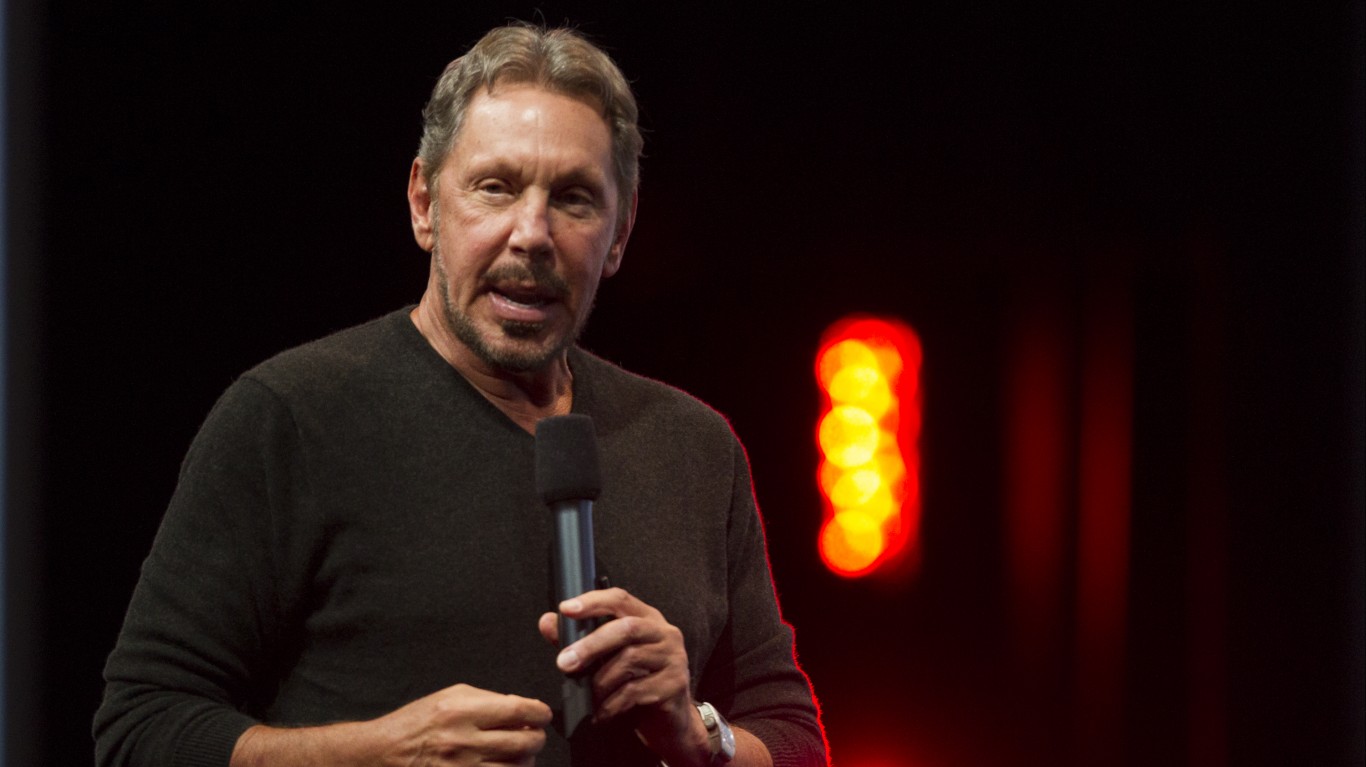 China’s economic situation has become troubled enough that analysts have begun to consider it a second-rate nation in terms of growth. Just a year ago, that analysis would have been impossible to support. As China’s PMI and GDP tumble and it faces deflation as demand shatters, the world’s second largest economy has moved toward “average” among emerging nations. Other emerging economies have sprinted ahead.
China’s economic situation has become troubled enough that analysts have begun to consider it a second-rate nation in terms of growth. Just a year ago, that analysis would have been impossible to support. As China’s PMI and GDP tumble and it faces deflation as demand shatters, the world’s second largest economy has moved toward “average” among emerging nations. Other emerging economies have sprinted ahead.
A new analysis from HSBC says:
Among the big-four emerging markets, a two-speed growth picture was evident as expansions were slower in Brazil and China compared with India and Russia. Brazilian activity growth weakened again having looked more promising earlier in the year and China recorded only modest growth. In both cases, manufacturing underperformance was the principal drag on activity.
In the same report, HSBC has revised emerging market growth down as well:
Emerging market growth abated slightly in Q2 as a solid performance from the services sector was offset by only modest growth in manufacturing, the HSBC Emerging Markets Index (EMI) shows.
The EMI slipped to 53.0, from 53.6 in Q1. The service sector is still expanding at a moderate rate, although has slowed from the pace seen this time last year. The level of activity in the manufacturing sector is broadly stable as demand from Western economies remains lacklustre.
It should have been expected that trouble in Europe and an expanding slowdown in the U.S. economy would reverberate though the largest countries outside the developed world. China may have gotten the worst of it, being the world‘s second-largest economy and most significant exporter to the West and Japan. It has more at risk than India and Russia do because their export economies are relatively small.
China may have entered a recession of its own. A recession there must be put on a different scale than the ones in the United States and Europe. China’s wild economic success has as a foundation a growth rate of above 10%, which drives additions to its large middle class, most of whom are employed in factories. These people have created a new level of consumer activity within China, which in turn has helped its GDP growth. That growth has fueled the remarkable expansion of infrastructure and the building of residential and commercial real estate. If HSBC is right, almost all of those trends are at risk.
China is headed toward what could be called a recession, even if it is defined by a growth rate of 5% or 6%. Its economy is not built for that kind of shock.
Douglas A. McIntyre
Want to Retire Early? Start Here (Sponsor)
Want retirement to come a few years earlier than you’d planned? Or are you ready to retire now, but want an extra set of eyes on your finances?
Now you can speak with up to 3 financial experts in your area for FREE. By simply clicking here you can begin to match with financial professionals who can help you build your plan to retire early. And the best part? The first conversation with them is free.
Click here to match with up to 3 financial pros who would be excited to help you make financial decisions.
Thank you for reading! Have some feedback for us?
Contact the 24/7 Wall St. editorial team.



